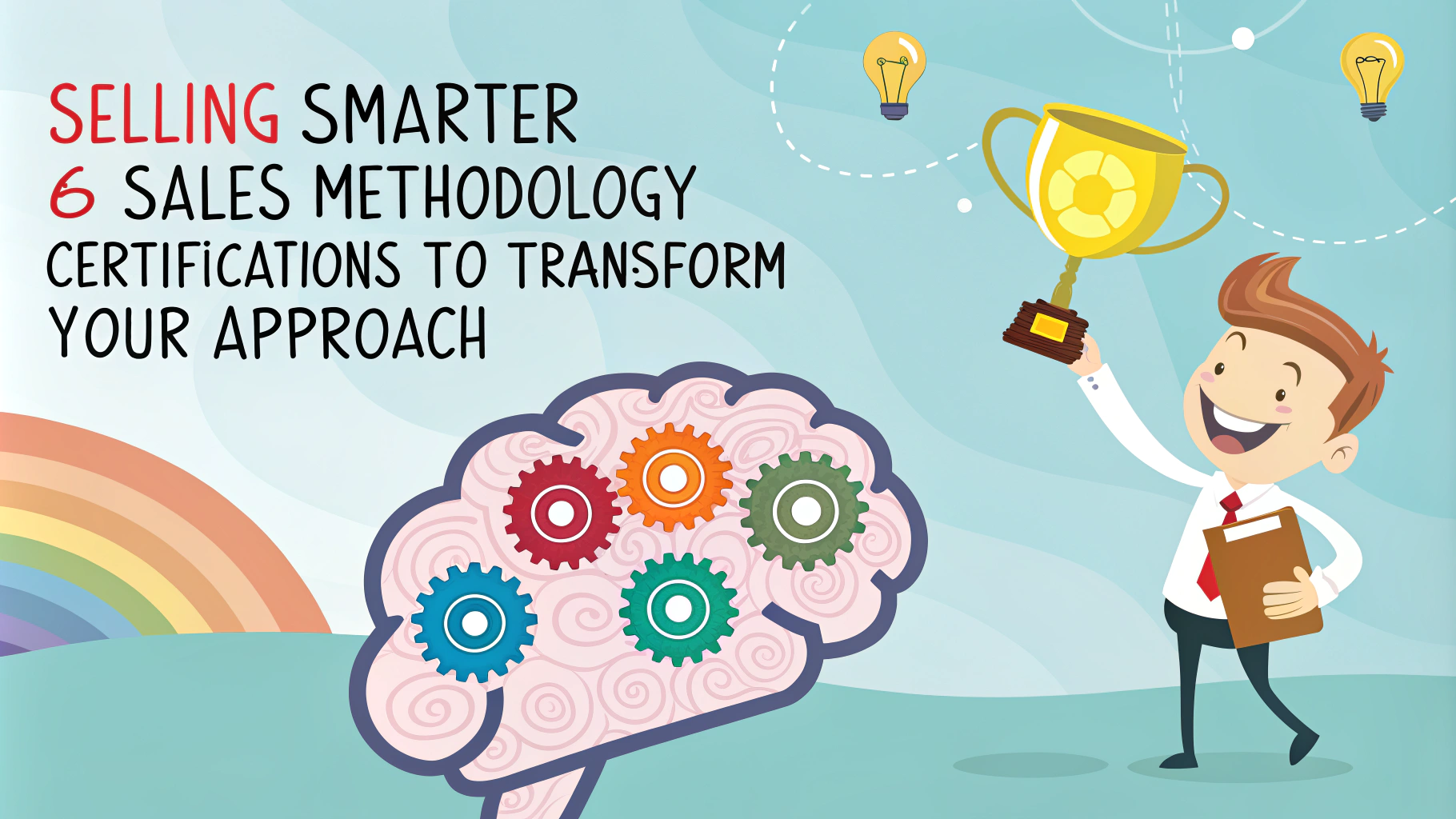Customer service is a fundamental aspect of successful sales strategies.
Effective customer service can significantly boost sales performance and foster long-term client relationships.
This article explores key strategies for integrating exceptional customer service into sales practices.
The Connection Between Customer Service and Sales
Customer service and sales are intrinsically linked in the business world.
High-quality customer service can lead to increased customer satisfaction, loyalty, and repeat business.
Sales professionals who excel in customer service often see improved conversion rates and higher customer lifetime value.
Understanding this connection is crucial for developing effective sales strategies.
- Customer satisfaction drives repeat purchases
- Positive experiences lead to referrals
- Good customer service differentiates businesses from competitors
Key Customer Service Skills for Sales Professionals
Developing strong customer service skills is essential for sales success.
Effective communication is at the core of excellent customer service in sales.
Active listening helps sales professionals understand customer needs and provide tailored solutions.
Empathy allows sales representatives to connect with customers on a deeper level.
Problem-solving skills enable sales professionals to address customer concerns efficiently.
| Skill | Importance in Sales |
|---|---|
| Communication | Crucial for explaining products/services and addressing concerns |
| Active Listening | Helps identify customer needs and pain points |
| Empathy | Builds trust and rapport with customers |
| Problem-solving | Addresses customer issues and objections effectively |
Implementing Customer-Centric Sales Approaches
A customer-centric approach focuses on understanding and meeting customer needs.
Personalizing sales interactions based on customer preferences and history can significantly improve results.
Providing value-added services and support helps build stronger customer relationships.
Consistently seeking and acting on customer feedback demonstrates commitment to improvement.
Aligning sales goals with customer satisfaction metrics ensures a balanced approach.
Leveraging Technology for Enhanced Customer Service in Sales
Modern technology offers numerous tools to improve customer service in sales processes.
Customer Relationship Management (CRM) systems help track interactions and personalize communications.
AI-powered chatbots can provide instant responses to common customer queries.
Analytics tools offer insights into customer behavior and preferences, enabling more targeted sales approaches.
Social media platforms facilitate direct engagement with customers and prospects.
Popular CRM Tools for Sales:
- Salesforce
- HubSpot
- Zoho CRM
- Pipedrive
Training and Development for Customer Service in Sales
Continuous training is crucial for maintaining high standards of customer service in sales teams.
Role-playing exercises can help sales professionals practice handling various customer scenarios.
Regular workshops on new products, services, and industry trends keep sales teams informed and prepared.
Feedback sessions and performance reviews provide opportunities for improvement and growth.
Encouraging a culture of learning and improvement fosters ongoing development in customer service skills.
Measuring and Improving Customer Service in Sales
Establishing key performance indicators (KPIs) for customer service in sales is essential for improvement.
Customer satisfaction surveys provide valuable insights into the quality of service provided.
Net Promoter Score (NPS) helps gauge customer loyalty and likelihood of referrals.
Analyzing customer retention rates can indicate the effectiveness of customer service efforts.
Regular review and adjustment of customer service strategies ensure continuous improvement.
Key Customer Service KPIs in Sales:
- Customer Satisfaction Score (CSAT)
- Net Promoter Score (NPS)
- Customer Effort Score (CES)
- First Contact Resolution Rate
- Customer Retention Rate
Conclusion
Integrating strong customer service practices into sales strategies is crucial for business success.
By focusing on customer needs, developing key skills, and leveraging technology, sales professionals can enhance their performance and build lasting customer relationships.
Continuous improvement and measurement of customer service efforts ensure long-term success in sales.
FAQs
- What is the key difference between customer service and customer experience?
Customer service is a single interaction or specific support provided to customers, while customer experience encompasses the entire journey of all interactions a customer has with your brand – from awareness to post-purchase support. - How can sales teams measure customer service success?
Sales teams can measure customer service success through multiple metrics including Customer Satisfaction Score (CSAT), Net Promoter Score (NPS), Customer Effort Score (CES), customer retention rates, and response time measurements. - What role does empathy play in customer service-driven sales?
Empathy allows sales representatives to understand customer needs, pain points, and emotions, leading to better problem-solving, stronger relationships, and increased customer trust, which ultimately drives sales success. - How can businesses effectively handle customer complaints in sales situations?
Businesses should acknowledge the issue immediately, listen actively, apologize sincerely, offer practical solutions, follow up after resolution, and use feedback to improve processes and prevent similar issues. - What are the most important customer service skills for sales professionals?
Essential skills include active listening, clear communication, problem-solving, patience, product knowledge, emotional intelligence, adaptability, and the ability to handle pressure. - How does customer service impact sales revenue?
Superior customer service directly impacts revenue through increased customer retention, higher customer lifetime value, positive word-of-mouth referrals, and improved brand reputation leading to new customer acquisition. - What technology tools are essential for customer service in sales?
Essential tools include CRM systems, help desk software, live chat platforms, social media management tools, customer feedback systems, and analytics tools for tracking customer interactions. - How can sales teams maintain high customer service standards during peak periods?
Teams can maintain standards by implementing scalable processes, using automation for routine tasks, having contingency staffing plans, providing comprehensive training, and prioritizing customer issues effectively. - What role does after-sales service play in customer retention?
After-sales service is crucial for retention as it ensures customer satisfaction post-purchase, addresses product issues, provides necessary support, and maintains ongoing customer relationships that lead to repeat business. - How can businesses balance automation and personal touch in customer service?
Businesses should automate routine tasks while maintaining human interaction for complex issues, emotional situations, and high-value customers, ensuring technology enhances rather than replaces personal connection.





